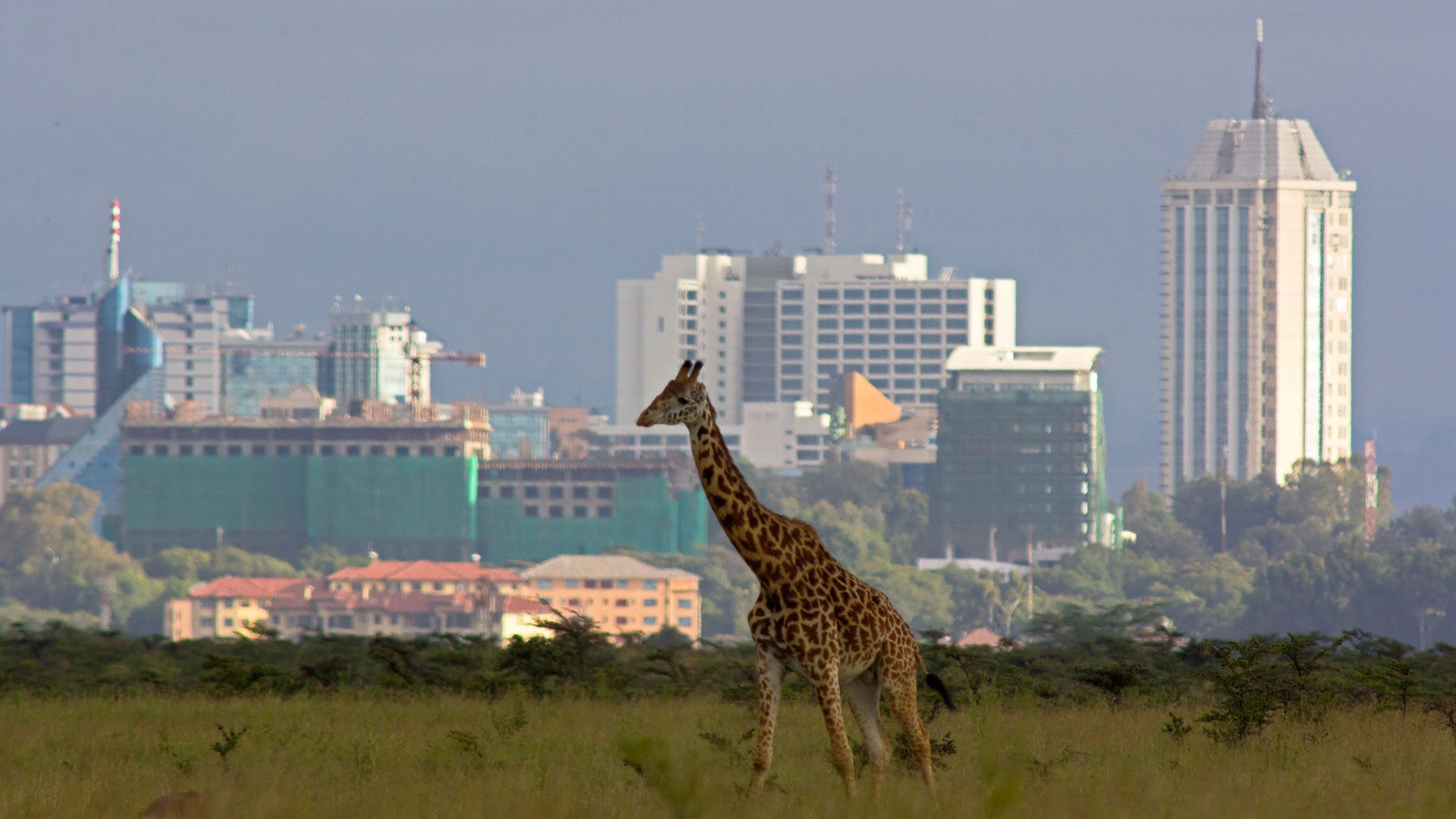In recent years, a growing number of African-Americans have been relocating to Kenya, drawn by a powerful desire to reconnect with their ancestral roots and embrace a new way of life. This phenomenon, often referred to as a “reverse migration,” is gaining momentum in 2025, as individuals and families seek cultural connection, economic opportunities, and a sense of belonging in the vibrant East African nation. Here’s a closer look at why Kenya, particularly its capital Nairobi, has become a top destination for this movement.
A Call to “Come Home”
For many African-Americans, moving to Kenya is more than a change of scenery—it’s a deeply personal journey to reconnect with their heritage. The phrase “coming home” resonates widely within the Black community, symbolizing a return to the continent from which their ancestors were forcibly taken during the Atlantic slave trade. Kenneth Harris, a 38-year-old retired veteran, exemplifies this sentiment. After years in Atlanta, he purchased a one-way ticket to Nairobi two years ago, seeking a place where his skin color is a mark of shared heritage rather than suspicion. Now running an Airbnb business, Harris describes Kenya as his “new home,” drawn by its tropical climate and the warmth of its people.
This search for identity is echoed by many others. Auston Holleman, an American YouTuber who settled in Kenya nine months ago, chose the country because “people look like me.” He contrasts the social acceptance he feels in Nairobi with the “broken” social fabric he experienced in the U.S., citing instances of kindness, like a stranger helping with a broken-down taxi, as evidence of Kenya’s welcoming spirit.
Escaping Systemic Challenges in the U.S.
While the pull of cultural connection is strong, the push factors from the U.S. also play a significant role. Many African-Americans cite systemic racism and social tensions as reasons to seek a better quality of life abroad. Although some, like Harris, note that the current political climate—marked by policies such as the crackdown on diversity programs under President Donald Trump’s administration—is not the sole driver, it has accelerated decisions for those already considering relocation. The opportunity to live in a majority-Black nation where “Blackness is the norm” offers a sense of freedom and relief from the anti-Blackness prevalent in American society.
Adilah Mohammad, founder of Adilah Relocation Services, moved to Kenya four days after her mother’s funeral, seeking healing and restoration. Her company now assists others in making the transition, helping with house hunting, furniture shopping, and setting up banking and medical services. Mohammad describes this movement as “people deciding to make a choice for themselves, breaking mental shackles” and embracing “mental freedom.” Her business has seen a surge in demand, with 15 families relocated and more booked through 2026.
Economic Opportunities and Lifestyle Appeal
Beyond cultural and emotional motivations, Kenya offers practical advantages that make it an attractive destination. Nairobi’s rise as a hub for global operations, exemplified by the United Nations relocating key offices like UNFPA to the city, signals economic growth and opportunities. This has spurred demand in real estate, hospitality, and other sectors, creating fertile ground for African-American entrepreneurs.
Kea Wakesho Simmons, founder of Traverze Culture, has helped over 300 African-Americans relocate to Kenya since 2018. Her company facilitates not only relocation but also ventures in real estate, agriculture, and medical tourism, with a recent contract making them certified facilitators for Nairobi Hospital. Simmons highlights Kenya’s “magical” people and welcoming spirit as key draws, alongside the affordability of living in areas like Machakos or Rongai compared to congested urban centers like Kilimani.
African-American businesses are flourishing in Nairobi, from travel agencies to restaurants and farms, contributing to local economies and fostering cultural exchange. High-profile figures like Grammy-nominated artist Kelis, who purchased farmland in Naivasha in 2023, underscore the diversity of those making the move.
Challenges and Future Prospects
Despite the allure, challenges remain. Kenya’s immigration policies have not fully adapted to this influx, with a promised digital nomad permit announced in 2023 still unavailable. Simmons notes the need for clearer regulations to support remote workers and long-term residents.
Nevertheless, the economic and cultural impact of this migration is undeniable. Experts like Raphael Obonyo from UN-Habitat suggest that African economies stand to gain from the influx of talent and investment, provided they maintain stability and tackle corruption. Conversely, the U.S. risks losing talent and the narrative of being the “land of dreams” as this reverse migration grows.
A Movement of Freedom and Belonging
For African-Americans like Mohammad, Simmons, and Harris, moving to Kenya is about more than logistics—it’s a spiritual and cultural reclamation. As Mohammad puts it, “Returning to Africa is one thing, but finding the place where you feel you belong is another.” This movement, rooted in a quest for identity, opportunity, and peace, is transforming lives and reshaping perceptions of both Kenya and the African diaspora.
For more stories on African-American relocation to Kenya, visit street.co.ke and join the conversation about this powerful journey back to the motherland.

